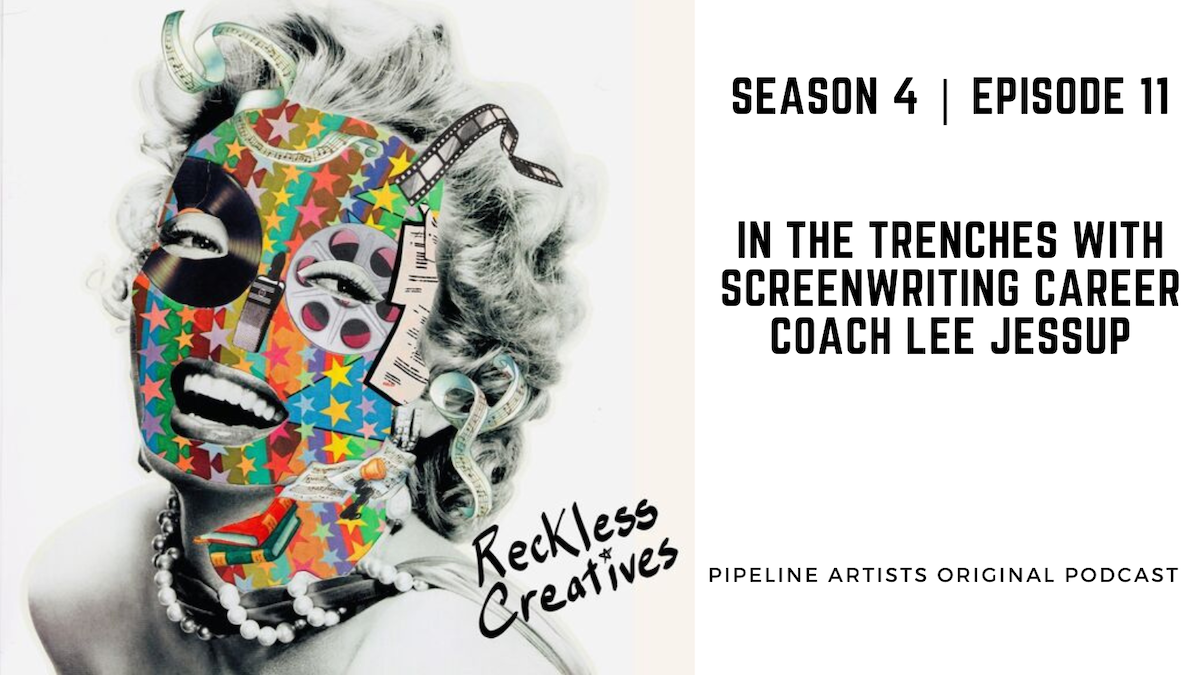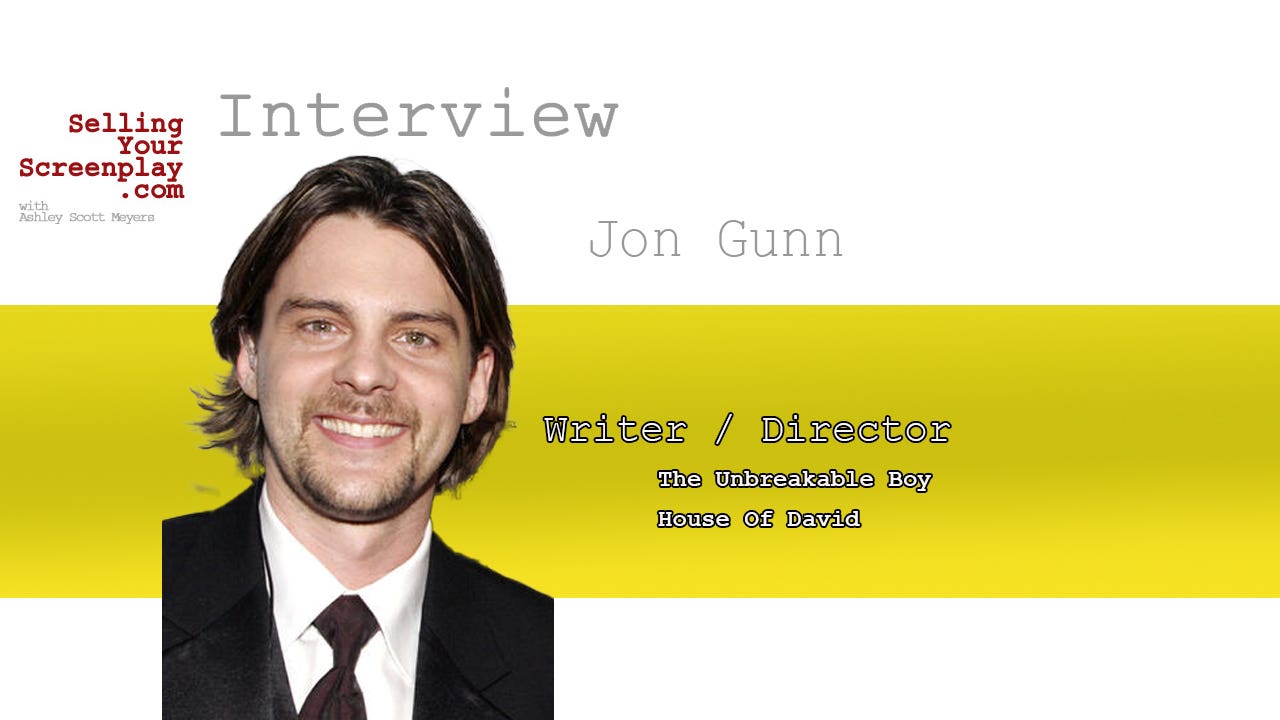Writing Wrap Up: You Can Do It! – Setting Writing Goals
You can do it! I’m confident that you can tackle your writing goals and manifest your dreams. I know you can, you know you can so the question is… when?…
You can do it! I’m confident that you can tackle your writing goals and manifest your dreams. I know you can, you know you can so the question is… when? Let’s decide right now.
There is really no off-season for writers, it is one of the great things about this vocation, however it creates challenges: how work is structured; it’s all up to us! Which is great… and can be tricky. Because the process and pace is on our shoulders we must be diligent, specific and practical.
Your Writing Goals: Your goals are important and should be made concrete. Write them down – we believe what we see in print. The heads of any business regularly make strategic goals – what is the future goal, the 1-year goal and then broken into smaller, more immediate goals.
When was the last time you made a strategic goal for yourself, and then reviewed it? In business, one must make and re-visit the goal to see if you’re on track and evaluate whether that goal was realistic or not. When writing is your goal, you’re often your own boss, so it is a good idea to design your own strategic goal.
It could be as simple as a chart or calendar with your target goals, word count, page count, or other motivational goals. Some people call them deadlines, but to me that term sounds grim, so I think of my targets as lifelines – the goals that are worth reaching and working toward. Breaking your big goals into smaller, more manageable goals offers attainable milestones that can serve as encouragement when we reach them, or a reality check as to the synchronicity of our goals and time allotted for writing.
If you use Google calendars, iCal, Entourage, or Outlook, inserting your writing goals is easy, and you can notate your progress when the date comes up. This is helpful to look back and see how realistic your projections were, helping to more accurately assess future goals. What helps you set and keep goals?
Paula’s Pitch Pointers
There are lots of video pitches online to watch and learn. The Tribeca film festival has many pitch videos that I found interesting, click the previous link and let me know which you like!
Thank you to everyone who sent met their pitches, I had a great time discussing them with you and hope that together we were able to spur ideas to improve or better position your pitch.
We pitch a few ways: written logline (usually inside a query email/letter) or a verbal summary. With a written logline, you get 2 sentences to relate the genre, era, and main character’s conflict. That’s a lot of information in a tiny moment, every word counts. The logline is the foundation of everything so it is a good place to start.
The Loveable Logline – Who’s Your Heroine/Hero?
Since the logline is the foundation of both your verbal pitch and your query letter, it bears time and reworking. How can we write vivid loglines? By using succinct visual language when possible to illustrate things.
Start with your heroine or hero – we need to envision that protagonist to follow their journey. If your main character works at Sotheby’s as an auctioneer, what’s their personality? Fussy? That’s what one might expect. Art-obsessed? Assumed, given that they work in the field of fine art. Let’s find one strong word that shows their personality or general bearing. Try something that fits what we would expect, then anything that contrasts with our typical concept of an auctioneer – it will surprise the reader – clumsy, shy, lisping, that’s memorable.
One of the things I found with several of the loglines that I read from writer friends is that the protagonist, who drives the entire movie, needs at least one descriptive word so we can imagine them in our mind’s eye. Is he an elegant elderly gentleman, or a crusty curmudgeon? Pretentious art auctioneer, fashionable New York housewife, elitist DC socialite, hapless chicken farmer. Take that one adjective and put it through your thesaurus to get the most bang for your word.
Now to completely contradict that, we need adjectives that are visual but not obscure – if we use a description like a ‘stygian businessman,’ that’s confusing rather than vivid, since the word stygian is not well known.
1ST THINGS 1ST - How expensive is my film?
Writers are the experts in story, plot, characters, dialogue and building suspense and excitement – that’s a lot. Writers aren’t expected to be able to budget a film (although you could totally learn, and it’s fun) but in a rewrite situation, when a producer is thinking of the budget and needs help keeping costs down, it is a good idea to be able to cast a financial eye over the landscape of your story.
Star costs aside, is your movie World War Z expensive (gazillions of extras, tons of special effects), or Paranormal Activity expensive (one location, a handful of actors). One helpful tip can be to find movies that are similar to yours.
Answer yes or no to the following questions to think of your script the way a producer must.
What makes a film expensive?
1. My film has many crowd scenes.
2. My film features lots of special effects, explosions, fire, scenes with water, specific weather, and stunts.
3. My film contains trained animals or child actors.
4. My film takes place in many locations.
5. My film has many outdoor locations that must be shot at night.
If you answered yes to 3 or more of the above questions, those are the issues and scenes that would first be addressed to contain costs. While writers are not expected to know budgeting, a business-like approach to writing can help your career. If a producer asks you what the budget is for your movie, it’s totally fine to say you have no idea, but if you can describe the story in a creative way, and in a quantitative way, that could serve useful in a pitch.
You Can Do It!
Rock your writing, Paula
Copyright © 2013 PAULA LANDRY
P.S. If you are in New York City and want to sell your work with a book proposal for your true-topic movie or book idea, I hope you’ll join me at this class coming up at NYU. Please click the link or email me at Paula@PaulaLandry.com, thanks!
Sell Your Writing With Non-Fiction Book ProposalsThis class is for writers with a non-fiction book idea in any topic, whether for film, business, education, a trade book, memoir, or how-to book. It is not necessary to write an entire book before selling your idea. Crafting a top-notch book proposal can short cut the process. With direction and planning in these seminars, writers can fast track their book into the marketplace and into the hands of their readers.
Related Articles:
- More Writing Wrap Up articles by Paula Landry
- Balls of Steel: Are Script Consultants Worth It?
- What is a Pitchfest Really Like: Screenwriters World Conference Attendee Tells All
- Screenplay Development Notes from The Story Specialists
Set S.M.A.R.T. writing goals to learn how to meet the deadline and be more efficient in your writing with our FREE Writing Goal Worksheet.
Download this free guide to set better writing goals and improve how you meet deadlines today!
Paula Landry, MBA, is a writer/producer and consultant helping artists find deeper meaning in their work and create strategies to stay inspired, fusing business & creativity. Landry creates media business plans, marketing plans, movie budgets, coaching artists and teaching film business classes at NYU, SVA, Wagner College, The Actors Fund and MCNY. She’s co-authored The Business of FILM and Sell Your Screenplay in 30 Days, and is the author of Scheduling and Budgeting Your Film. Clients include Christie’s, Forbes, EW, GQ, Pearson TV, Game Show Channel to name a few. Her films have debuted at Sundance, CineVegas, winning awards from Columbia Pictures Screen Gems, Time Warner Showtime Audience Award, and WorldFest Houston Film Fest. Connect via LinkedIn, @paulalandry on Twitter, email: paula@paulalandry.com or Facebook #filmdreamers #mediaentrepreneurs #aflickchick





